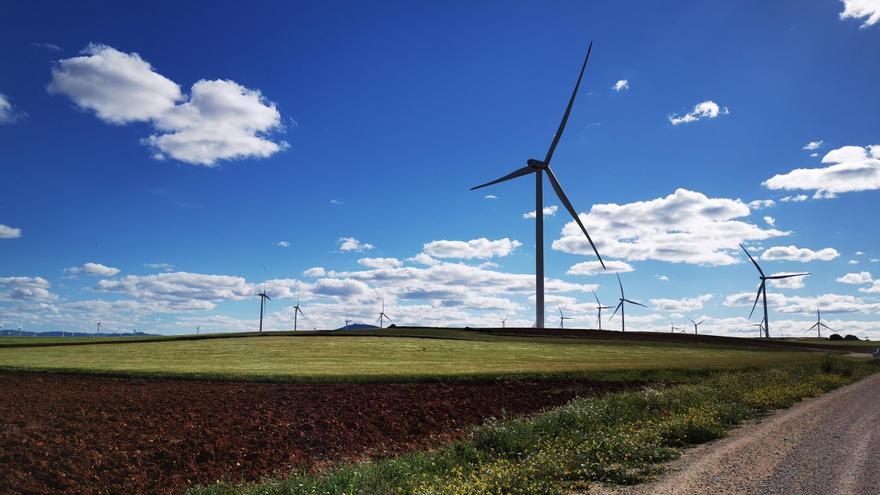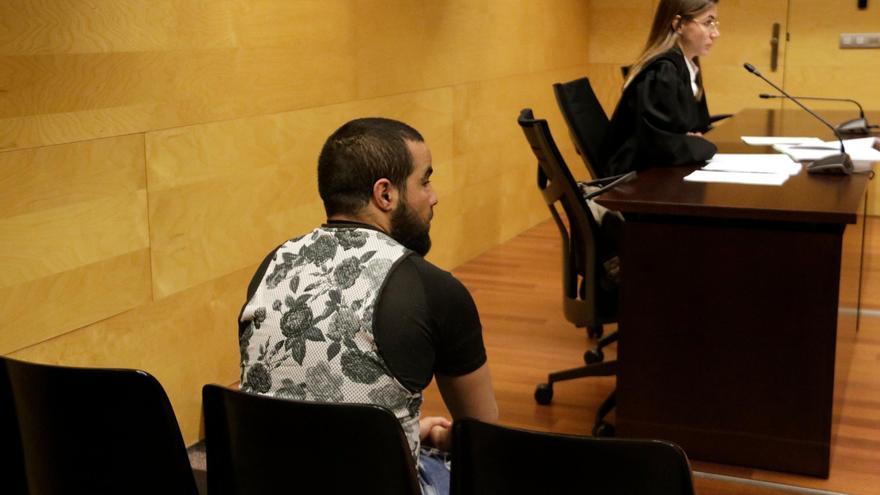Not only is it necessary to mitigate climate change, but this process seeks to innovate and diversify energy sources, promote clean technologies in addition to benefiting the environment, as well as promoting economic development and job creation. Adopting renewable energy and efficient solutions not only improves energy security by reducing dependence on finite resources, but also reduces the impact of geopolitical events on energy supply.
On the other hand, the shift towards sustainable energies is essential to protect biodiversity and preserve ecosystems, which are essential for life on Earth. By accelerating this transformation, we can move towards a more resilient and equitable economic model that not only meets the challenges of today, but also lays the foundations for a sustainable economy in the long term.
In this context, the Engie Group faced the challenge of leading change towards a carbon-neutral economy. With an advanced decarbonisation strategy, ENGIE is at the forefront of the industrial and energy revolution, aiming to achieve net zero carbon by 2045, thus moving five years ahead of international recommendations.
A decisive bet on the energy transition
With a presence in more than 30 countries, the ENGIE Group is committed to driving the energy transition, with a team of close to 100,000 people working just for this purpose. This commitment is embodied through the promotion of renewable energies, the development of energy efficiency solutions and support on the path towards decarbonisation of industry and regions. To achieve this, ENGIE works in close collaboration with all stakeholders, including customers, suppliers, partners, communities and society in general. Its installed renewable energy capacity currently stands at 44 GW, with plans to expand to 50 GW by 2025 and 80 GW by 2030.
In Spain, ENGIE has been present for 25 years and is the first agent to obtain a license to sell electricity and gas abroad. It currently stands out as one of the major generators in the country with an installed capacity of about 3,800 MW, including 2,000 MW of combined cycles and a large renewable energy portfolio with more than 1,700 MW of installed capacity throughout the national territory. This diversification of the energy mix not only strengthens ENGIE’s market position, but also drives progress towards a cleaner and more sustainable energy matrix.
A clear strategy in innovative projects
In Spain, ENGIE has formulated its strategy by investing approximately 2.5 billion euros in developing projects in our country. Regarding renewable energy sources, the company aims to double its current renewable energy capacity, reaching 3,000 MW by 2026. Among its most emblematic projects that embody this purpose are the Joya Project and the Meridion Project. The first consists of a group of seven wind farms in Zaragoza operating as of 2020 that have a capacity of approximately 200 MW. The Meridion project, with a total capacity of 132 MW, consists of four photovoltaic energy parks located in Seville and Cordoba, respectively.
In addition to its commitment to renewable energy, ENGIE works closely with companies from various sectors to reduce carbon dioxide emissions. The company cooperates with more than 240 customers and manages more than 300 MW of assets, including solar self-consumption plants, solar thermal, biomass boilers and cogeneration, always adapting to the needs of each customer.
An example is the collaboration with multinational chemical company KAO to develop a biomass thermal power plant at the company’s plant in Olissa de Montserrat, Barcelona. This facility uses certified forest waste and reduces natural gas consumption by 95%, significantly reducing the plant’s carbon footprint. As a result, the project not only reduces carbon emissions generated by the company’s activity, but also promotes sustainable forest management and local development.
On the other hand, ENGIE and DuPont in Asturias agreed to build a 12.62 MW photovoltaic power plant. The photovoltaic modules with more than 22 thousand modules will allow DuPont Asturias to cover approximately 25% of electricity consumption, as well as promote the development of more renewable electricity in the region.
The company also seeks to continue expanding its presence in heat and cold networks, which are essential solutions for enhancing energy efficiency in urban environments. ENGIE’s leadership in this sector is demonstrated by the more than 100 km of urban heat and cold networks that form part of its portfolio, including Districlima Barcelona, Districlima Zaragoza and Districalor in Pamplona, as well as the heat network in Valencia. . The total of this infrastructure is equivalent to six stations with a capacity of 160 MW installed and 21 MW under construction. In the case of Pamplona, the urban network is linked to a recently opened heat and cold station in the Texantre district. Powered by forest biomass, this plant provides heating and cooling to 4,500 homes and public centres.
In short, all of ENGIE’s efforts aim to redefine the Spanish energy landscape, moving towards a cleaner and more resilient future. The company’s projects show that moving towards the energy transition to achieve a sustainable economy requires a comprehensive and coordinated approach, in which innovation plays a fundamental role. This means not only changing energy sources, but also optimizing the use of resources, adapting each solution to the needs and opportunities of the environment. It is a challenging path, but one worth taking to ensure a better world for future generations.

“Infuriatingly humble social media buff. Twitter advocate. Writer. Internet nerd.”









